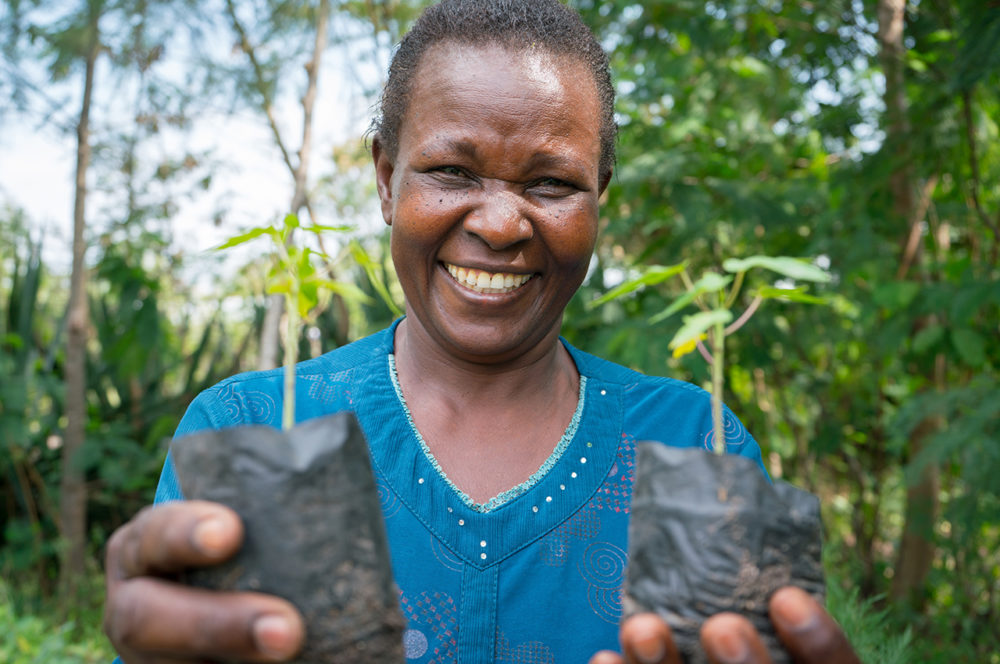Vi Agroforestry and Agroforestry Network participating at COP25 in Stockholm and Madrid
Date
December 3, 2019
Jane Atieno Omulo Photo Elin Larsson
Agroforestry is one of the solutions
In Stockholm, a seminar will be arranged with Stockholm International Water Institute –
Managing Forest Landscapes for Climate Change Adaptation & Mitigation.
The topic will focus on solutions related to climate change, and the positive force in spreading hope through action. In the event we intend to showcase some of the many practical solutions and ideas that Swedish forest and landscape-related actors are behind, as well as discuss how we can best proceed and further strengthen climate work. In the panel we have representatives from Sida, Sveaskog, SLU, COOP and Agroforestry Network.
The seminar will highlight experiences and practices from Sweden in managing the forest landscape for timber, water security, biodiversity and social values, thereby contributing to a more effective achievement of the SDGs and the Paris Agreement.
In Madrid, Vi Agroforestry representatives will participate, to promote the need for increased focus and more investments in agroforestry, as a working response to both adaptation and mitigation to climate change:
Our recommendations:
1: Support local communities in implementing agroforestry practices
2. Secure land tenure rights and create incentives to encourage farmers to invest time and money in land use practices such as agroforestry.
3. Make agroforestry visible, by exploring policy changes to include agroforestry. A starting point is to identify if budgets and development cooperation includes support to agroforestry.
4. Develop strategies, frameworks and indicators at all levels to continuously measure progress in agroforestry systems and their livelihood and develop climate and biodiversity benefits.
5. Create effective, cost-efficient and equitable policies by using agroforestry to combine climate change adaptation and mitigation, as well as their cross-cutting synergies, with economic development.
6. Connect agroforestry to the climate and biodiversity agenda and report progress.